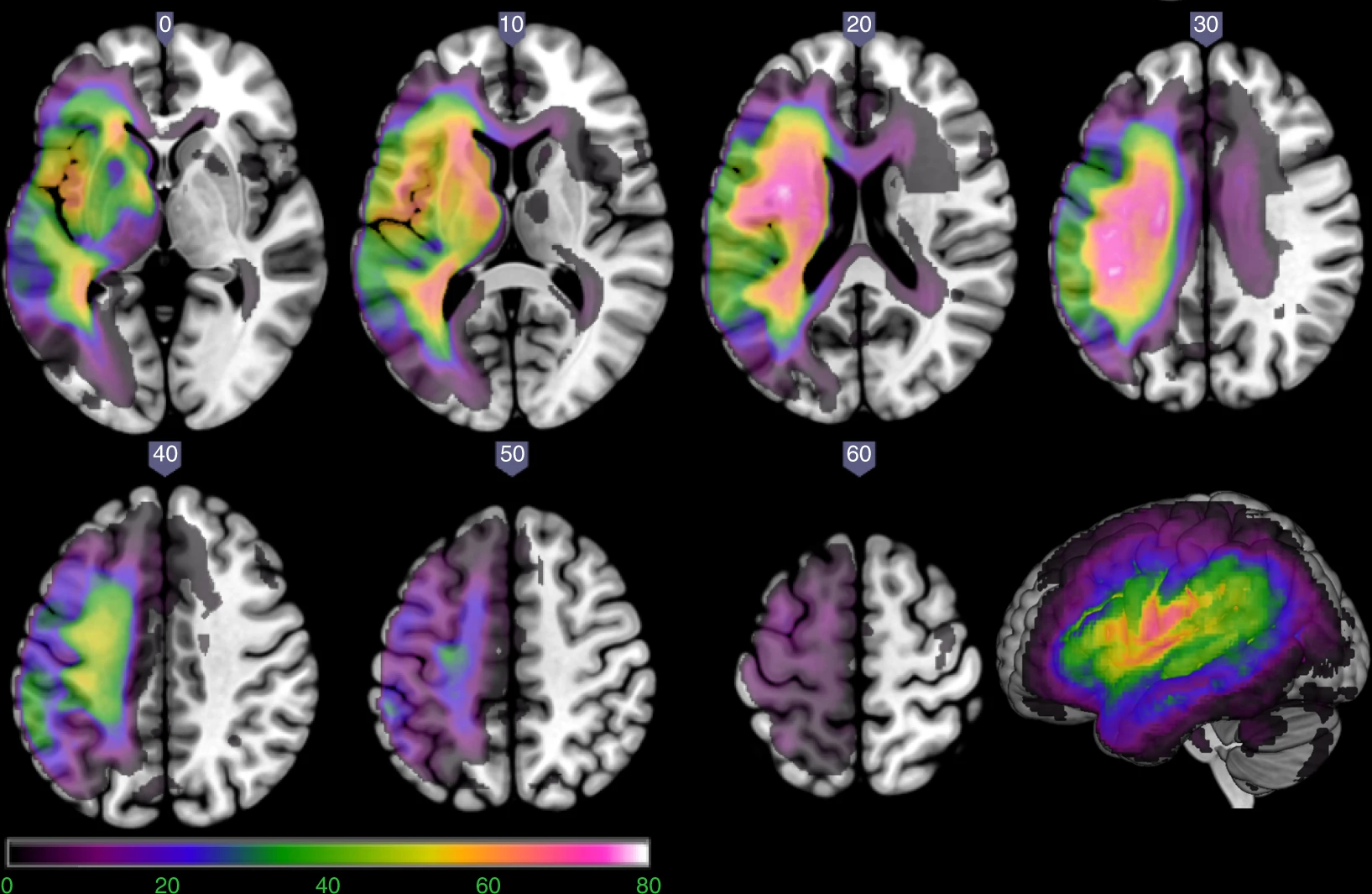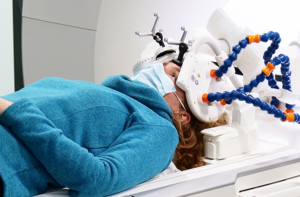About |
Timetable |
Objectives |
Requirements |
Fees |
Funding |
Training |
Dates |
Testimonials |
Apply |
About the MRC CBU Master’s in Cognitive Neuroscience
Our one-year Master’s in Cognitive Neuroscience is a new, innovative, research-focussed training programme designed to immerse students in the forefront of cognitive neuroscience. Students will receive comprehensive training in cognitive neuroscience methods — from neuroimaging to brain stimulation and computational modelling — coupled with training in major theoretical advances from some of the world’s leading cognitive neuroscientists. At the heart of the course is a nine-month research placement in a lab, which will be independently designed and driven by the student. Our Master’s is aimed particularly at students who aspire to:
- Pursue doctoral training in cognitive neuroscience (PhD)
- Continue or commence clinical training in psychology, medicine, or related fields
- Pursue industry or policy work related to health innovation or technology
Programme Timetable
The Master’s in Cognitive Neuroscience is a ten-month Master’s course, beginning at the start of October. Teaching is concentrated towards the start of the year to enable you to apply the latest knowledge and insights to your own research project. In the first term, students will undertake a series of three taught modules: biostatistics and bioinformatics, robust behavioural science, and cognition and the brain. The first four weeks of term are also dedicated to exploring potential projects: students will be provided with a list of over 90 potential supervisors across multiple Cambridge departments from which to identify the host and design the topic of their independent research project. In the second term, students will undertake in-depth methods training in neuroimaging, to enhance their research-based skills. This formal teaching will be coupled with a series of departmental seminars from scientists around the world exploring advanced topics in cognitive neuroscience, and engaging, Unit-wide journal clubs, providing a platform to analyse, present, and discuss critical cognitive neuroscience literature with your peers.
The formal elements of the course will be assessed using multi-modal forms of assessment, including a biostatistics assessment, written coursework critically evaluating and comparing any articles on cognitive neuroscience of your choosing; an oral presentation; a poster presentation; and of course your research project, which will consist of a literature review, methods, results, analysis, and discussion.
Programme objectives
- Gain a comprehensive understanding of how mental states arise from neural processing in the brain, including the neural basis of memory, perception, and emotion
- Master core methods and techniques for neuroscience today, and learn how best to harness these methods to advance knowledge about the brain, as well as the limitations that accompany each method
- Develop expertise in research by driving forward an independent neuroscience research project
- Hone your ability to clearly and effectively communicate complex scientific findings in written projects and presentations
You can find out all of the details of the new course in the Masters Handbook, including the provisional timetable, learning outcomes, methods of assessment and systems of support.
Admissions requirements
We require applicants to have at minimum a 2:1 degree (or international equivalent) by the start of the course. To apply, you will need to include a 300-word personal statement on your interest in cognitive neuroscience and why you are applying to this course. Read more about postgraduate study at Cambridge here, and see Applicant Portal for further guidance on applying to Cambridge.
Fees
- Home Student fee: £13,554 (2024-2025 rate)
- International Student fee: £37,458 (2024/2025 rate)
Funded places and bursaries
All applicants will be assessed for funding if they are offered a place. UK applicants facing financial obstacles will be prioritised for our internal MRC studentship; please provide supporting information on your application if you meet this criterion. Commonwealth applicants can additionally apply for the Commonwealth Master’s Scholarships.
Read more about how funding your studies works at the MRC CBU.
Postgraduate training at the MRC CBU
As a student on the MRC CBU Master’s in Cognitive Neuroscience, you would become part of a flourishing community of over 60 postgraduate students. This postgraduate community provides a vibrant environment in which people are encouraged to be themselves, learn, and develop into the next generation of world-leading cognitive neuroscientists. Our interdisciplinary training portfolio provides our postgraduate students with state-of-the-art skills that launch them into careers in academia, industry, charity, policy, and the clinic. Successive student cohorts take full advantage of the excellent CBU research infrastructure and expertise in experimental methodology, cognitive theory, brain imaging, and experimental clinical psychology. The MRC CBU postgraduate cognitive neuroscience community is diverse, international, and growing.
Wherever you want your future career to take you, postgraduate training at the MRC CBU will provide the perfect platform.
To find out more about the systems of support for postgraduate students, please check the student handbook.
Dates
 |
Application deadlines for October 2024 start:
Read more about our funding opportunities. Note: If you would like to apply to both PhD and MPhil in Cognitive Neuroscience, please indicate in any free text box on your application and if your PhD application is unsuccessful, we will consider you for a place on the Master’s course (no need to apply twice) |
Student testimonials
How do I apply?
Note that in addition to the standard University requirements, to be considered for this course you will need to include a 300-word personal statement on your interest in cognitive neuroscience and why you are applying. If you are applying to a PhD and would like to be considered for the Master’s if your PhD application is unsuccessful, you do not need to include this statement – if you have indicated you would like to also be considered for the MPhil, we will assess your application based on your PhD-format application.
Application portal
Events and Open Days
Please visit the University’s Postgraduate Study Events and Open Days webpages for information about the virtual open days taking place in November 2024, as well as other events.
Any questions?
Email us – mphil@mrc-cbu.cam.ac.uk
Key Funding Links:
The University of Cambridge guidance on finding postgraduate funding
Cambridge UK Masters Scholarships
Commonwealth Master’s Scholarships (requires external application)

 MRC Cognition and Brain Sciences Unit
MRC Cognition and Brain Sciences Unit








